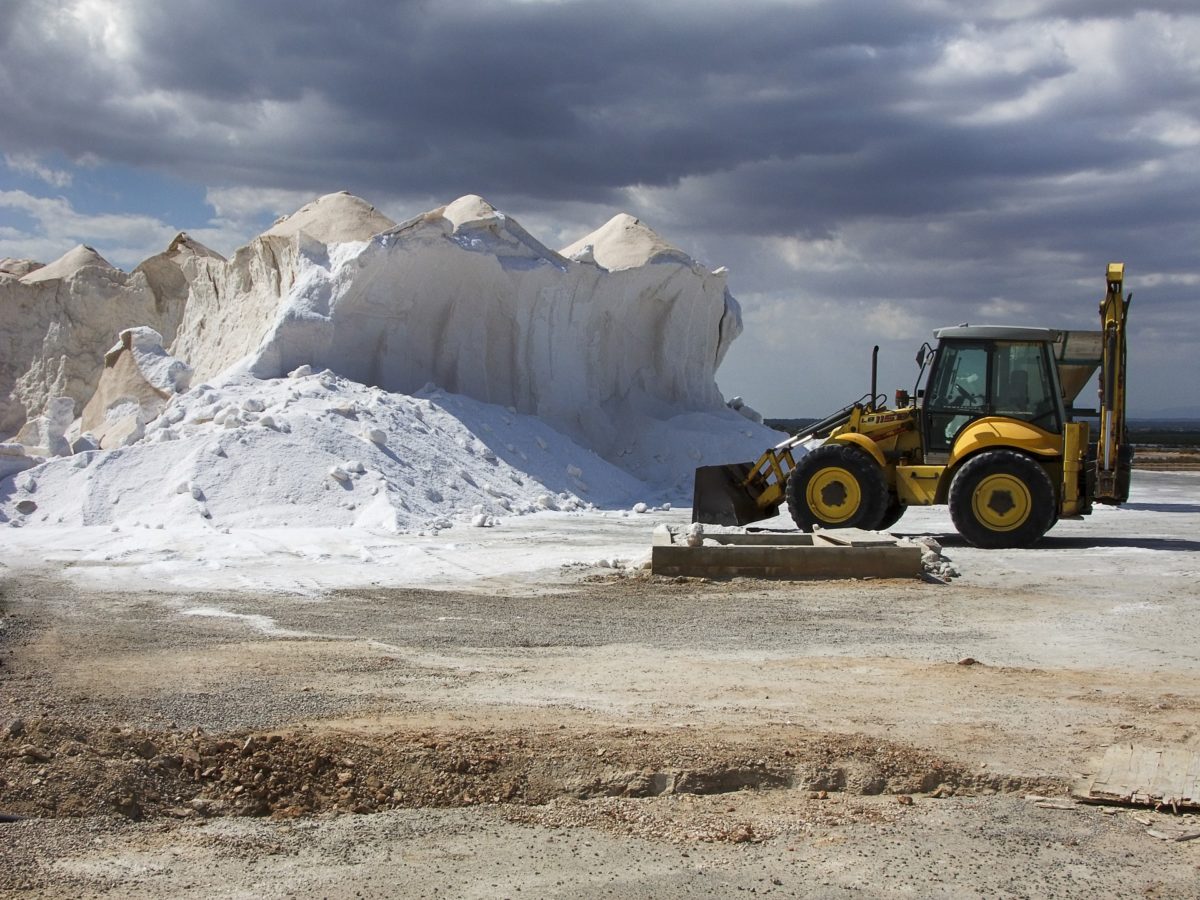Taiwan's Ministry of Finance has revealed that it will no longer be possible to deploy solar PV systems on land that is used to produce salt in ecologically sensitive areas throughout Chiayi County and the city of Tainan.
“To give equal consideration to ecological and economic development and create a win-win situation, the important wild bird habitats should be excluded,” the ministry said. “Therefore, the land used for producing salt connected to highly ecologically disputed areas in Chiayi County and Tainan city according to the investigation completed by the Institute shall no longer be provided for solar photovoltaic installations.”
The government added that authorizations that have already been given to PV projects in these areas will now be revoked. It noted that all deposits will be refunded without interest to the affected developers.
Taiwan's Council of Agriculture introduced new restrictions for PV on agricultural land in July. According to Taiwanese market research company TrendForce, these provisions could slow the development of the large-scale PV segment. Under the new regime, projects covering more than 2 hectares will need to be approved by the council, rather than local government entities.
“The legislative changes made by the Council of Agriculture are now substantially more stringent on PV projects than [in] the past,” TrendForce said in July.
Developers of huge solar parks in Taiwan must continue to deal with resistance from the government, other industrial players, and the farming sector. As in neighboring South Korea, land shortages are a big issue for solar deployment in Taiwan, as roughly two-thirds of the country is mountainous.
The Taiwanese government aims to install 20 GW of solar by 2025, with 3 GW of rooftop PV and 17 GW of ground-mounted capacity.
This content is protected by copyright and may not be reused. If you want to cooperate with us and would like to reuse some of our content, please contact: editors@pv-magazine.com.




1 comment
By submitting this form you agree to pv magazine using your data for the purposes of publishing your comment.
Your personal data will only be disclosed or otherwise transmitted to third parties for the purposes of spam filtering or if this is necessary for technical maintenance of the website. Any other transfer to third parties will not take place unless this is justified on the basis of applicable data protection regulations or if pv magazine is legally obliged to do so.
You may revoke this consent at any time with effect for the future, in which case your personal data will be deleted immediately. Otherwise, your data will be deleted if pv magazine has processed your request or the purpose of data storage is fulfilled.
Further information on data privacy can be found in our Data Protection Policy.